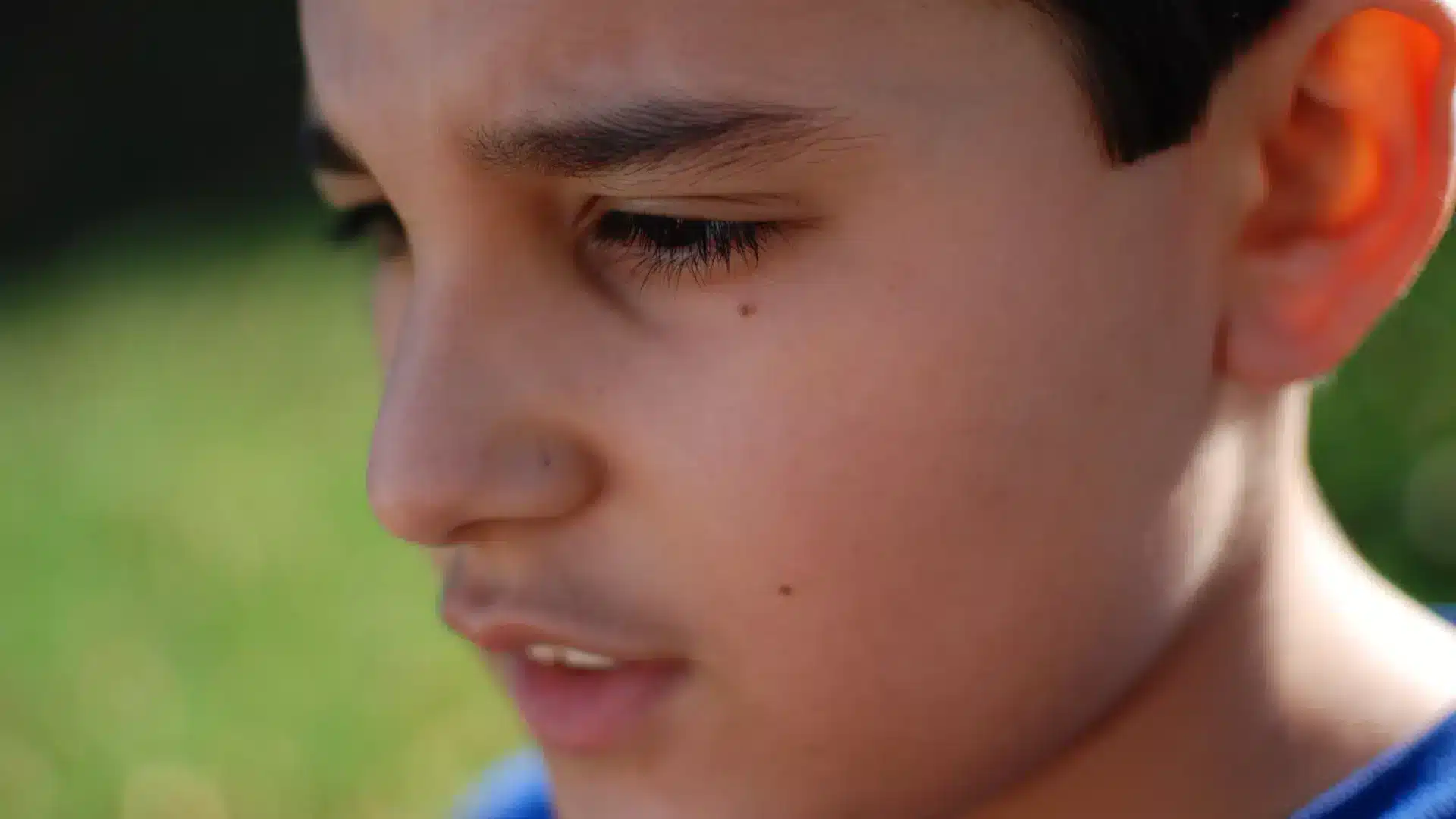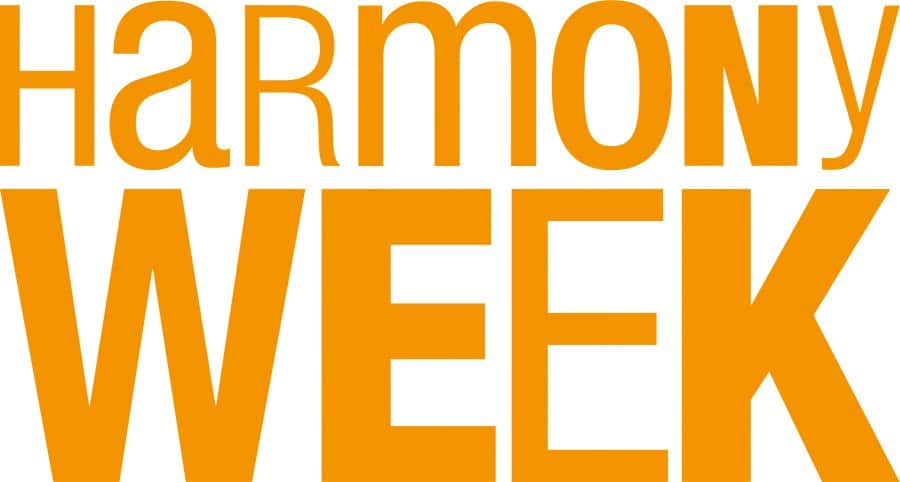If you suspect that your child may have ADHD, you may want to check with a psychologist. Children with ADHD exhibit a wide range of behaviours associated with impulsivity. Children with ADHD may also exhibit self-focused behaviours, such as temper tantrums or emotional outbursts. To rule out ADHD, you should consult with a doctor. The symptoms of ADHD typically need to be present in at least two settings where they interfere with daily functioning.
Adults with ADHD usually exhibit similar symptoms as children with the disorder. This can make relationships difficult, especially in the workplace. ADHD symptoms may vary from person to person, but they can be distracting and disruptive. For example, a child with ADHD may be quiet and reserved or show signs of hyperactivity, impulsivity, and irritability. Adults with ADHD should also seek a health care provider who has experience in treating adults with ADHD.
ADHD medications are often used in combination with Hypnotherapy and behavioural therapy. Psychostimulants may also be highly effective in treating ADHD. These drugs balance the chemicals in the brain and help the patient focus.
Although there is no single definitive treatment for ADHD, hypnosis using behavioural therapy can be a natural and effective method for many children with this disorder. It can help children and teens overcome various problems, including social anxiety, self-esteem issues, and mood disorders. Many children with ADHD can also benefit from Hypnotherapy and behavioural therapy if they have anxiety or mood disorders. Parents of these children may opt to use alternative therapies and behavioural therapy to address the causes of ADHD. Behavioural treatment for ADHD may include a combination of nutrition, physical activity, Hypnotherapy and medication.
Parents should also try behavioural interventions like Hypnotherapy that target children's needs as young as possible. One method is introducing your child to self-hypnosis. In addition, psychologists may teach parents and children to identify the real reasons behind problematic behaviour. For example, a child who ignores directions may try to communicate that they don't want to follow instructions but need to keep playing. These strategies can help your child develop positive self-esteem and cope with the challenges they face.
Side effects
Stimulant medications are among the most common ADHD side effects, but there is a risk of complications that can often include anxiety. While this effect is not directly linked to ADHD medications, it is a common side effect of psychoactive drugs. While anxiety is a normal response to psychoactive drugs, it can be debilitating, especially if it is untreated. If you experience anxiety symptoms while taking ADHD medications, speak to your doctor. Your doctor may be able to reduce the severity of these effects or recommend other treatments like Hypnotherapy or psychotherapy
Although the long-term effects of ADHD medications are not known, the short-term effects are well-researched. However, it is not realistic to conduct controlled studies for many years, so experts rely on observational studies instead. These studies cannot contain the many variables that may affect an individual's response to ADHD medication. As such, there is no definitive cure for ADHD. The most effective way to manage the symptoms of ADHD is to treat the underlying cause of the condition, which is often the culprit.
Depression
Both ADHD and depression are long-term conditions. While both can be successfully treated with specialised care, earlier intervention may be helpful for a more successful outcome. Depression and ADHD often co-exist in the same individual, and treatment options for both conditions vary. Early clinician intervention may improve the outcome for children with ADHD, while family, education and therapist support may be helpful in adults suffering from depression. A combination of therapy, medication, and Hypnotherapy may help reduce the symptoms of the disorder.
Symptoms of depression are often similar to those of clinical depression. A hallmark of clinical depression is a loss of interest in activities once enjoyed. However, it may not be possible to detect clinical depression when this is present. In this case, the patient may be suffering from the combined type of depression, which has symptoms of both inattentive and hyperactive-impulsive disorders. A psychiatrist is best to diagnose the condition and recommends the appropriate treatment.
Anxiety
Anxiety and ADHD often go hand in hand, making treatment more difficult for those with both conditions. Despite their similarity, many of these two conditions can be treated simultaneously. A physician may choose to treat both conditions or focus on one of them. Both disorders may require different treatments, but often the best way to manage these symptoms is to seek treatment for both conditions simultaneously. In many cases, treating both conditions will result in better overall health
Anxiety and ADHD are similar conditions, with the key symptoms of each disorder being compounded by the other. Both diagnoses result in poor concentration, behavioural and social challenges, learning problems, sleep problems, and a poor appetite. While these symptoms are similar, anxiety is often mistaken for physical illness. Additionally, children may have difficulty following conversations. If the child cannot make friends easily, they may have trouble remembering people or planning social activities.
While attention deficit hyperactivity disorder and anxiety are two different disorders, they are often treated as one. Medications and therapy are the typical treatments for both, and lifestyle changes may be helpful. Both conditions can be treated successfully with proper treatment. Anxiety and ADHD are distinct but often co-occur. Anxiety can be treated successfully by implementing lifestyle changes. If a person has both conditions, the best solution is a combination of therapies, hypnosis being one of them.
School accommodations
There are several ways to make classroom accommodations for students with ADHD. While these accommodations do not replace evidence-based interventions, they can help students with ADHD achieve their academic goals. If your child has trouble focusing in class, ask the child's teacher to observe your child's classroom activities and recommend accommodations based on the student's individual needs.
Psychoeducational evaluations should assess the child's learning disabilities and functional limitations. This evaluation should include standardised tests and narratives. If the child requests extended time for tasks, they should consist of standardised test scores and reports of their previous academic and medical histories. In addition, you should gather the observations of teachers in the classroom and record them. This can help with reviews later on and determine whether the child's needs are being met and improving.
In addition to individualised accommodations, students with ADHD may need extra help with assignments, a study guide or special seating. Having a teacher who understands your child's behaviour with ADHD is key to enhancing their learning. While assessing your child's learning needs, make sure to check the student's classwork frequently and don't rush them on tests. It is also helpful to discuss your child's progress with teachers.
Getting Help
If you or someone you know has ADHD and would like to learn more about how Hypnotherapy can help, get in touch with Norwest Wellbeing and book a free 15-minute call back to see if hypnosis is suitable for you or your children.
Free 15-minute call back
Written by
Abi McIntyreMedical author and researcher with over 10 years of experience, specialising in mental health.
Ready for tailored support?
Book a complimentary consultation with the Norwest Wellbeing team.
We'll talk through your goals, match you with the right practitioner, and outline the first steps to lasting change.
More resources to explore
View all articles →Visiting Norwest NSW 2153
Discover the beautiful suburb of Norwest, NSW 2153 - find local attractions, Norwest business park, and easy commuting options when visiting Norwest NSW.
The Neurobiology of Sleep-Dependent Subconscious Reprogramming
How targeted auditory messages during sleep transitions may reshape neural pathways and emotional patterns in developing brains.
Diversity, Respect, Belonging
You've probably noticed how your neighbourhood has transformed over the years, welcoming faces and traditions from across the globe. That makes Harmony Week so meaningful - it's your chance to experience the vibrant cultures that now call A



